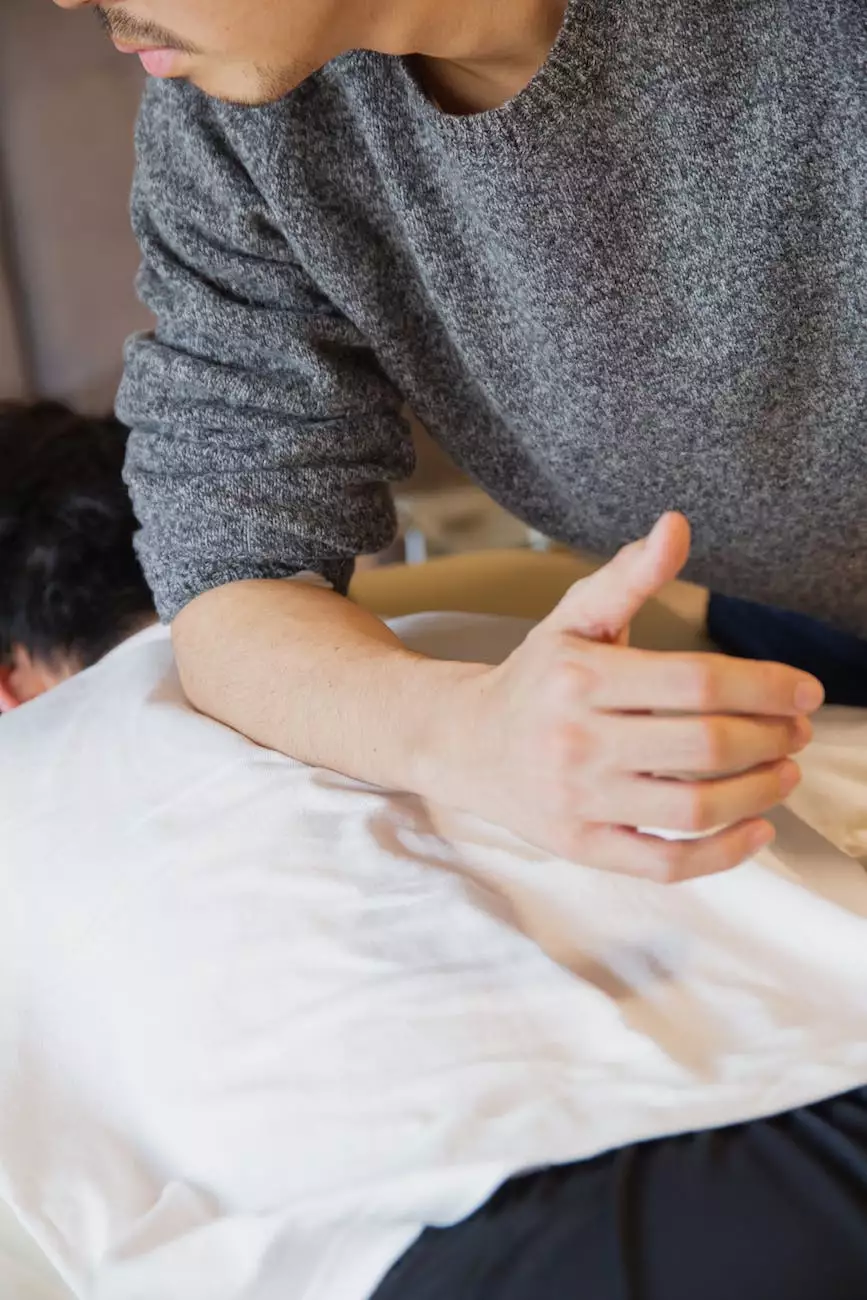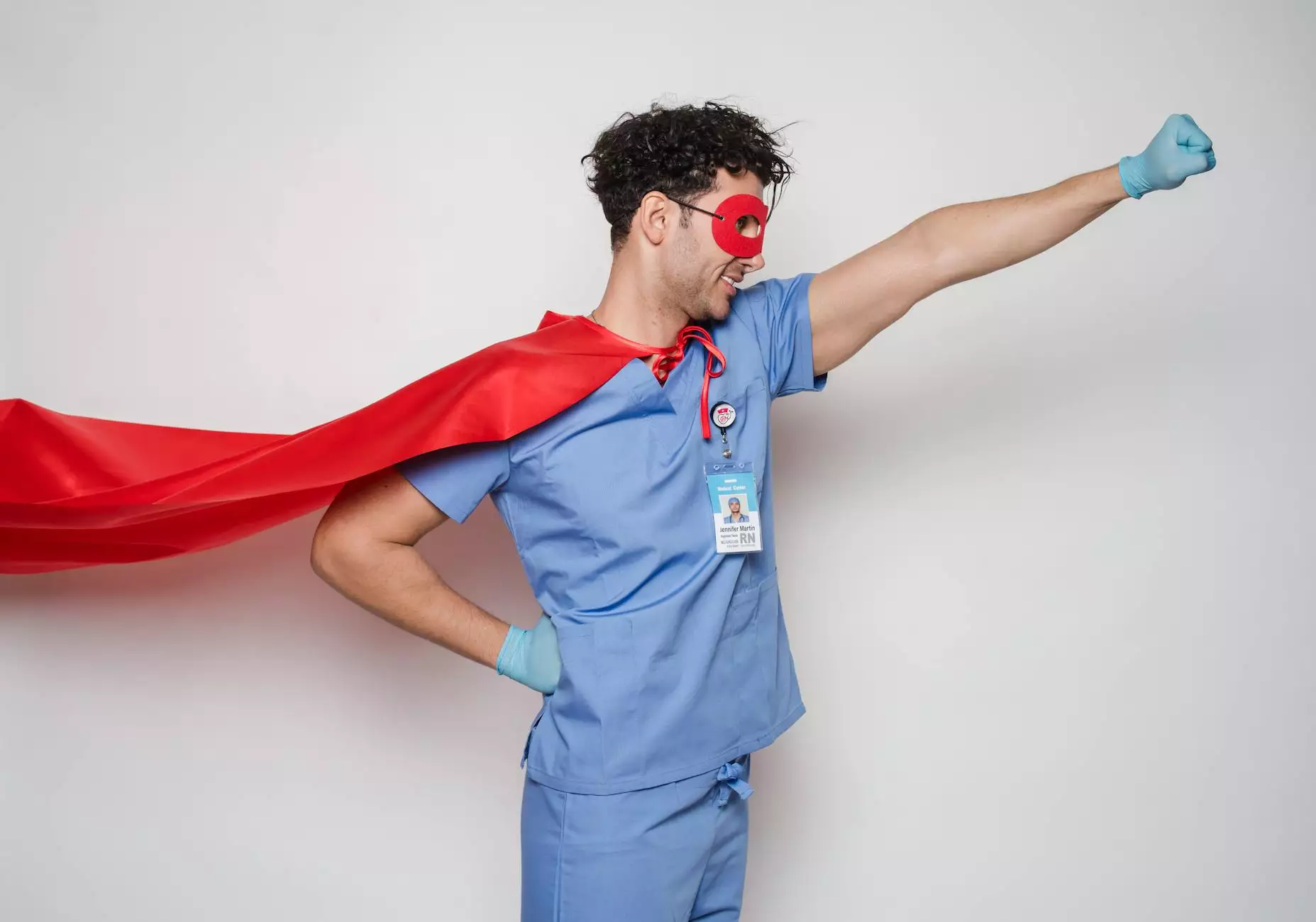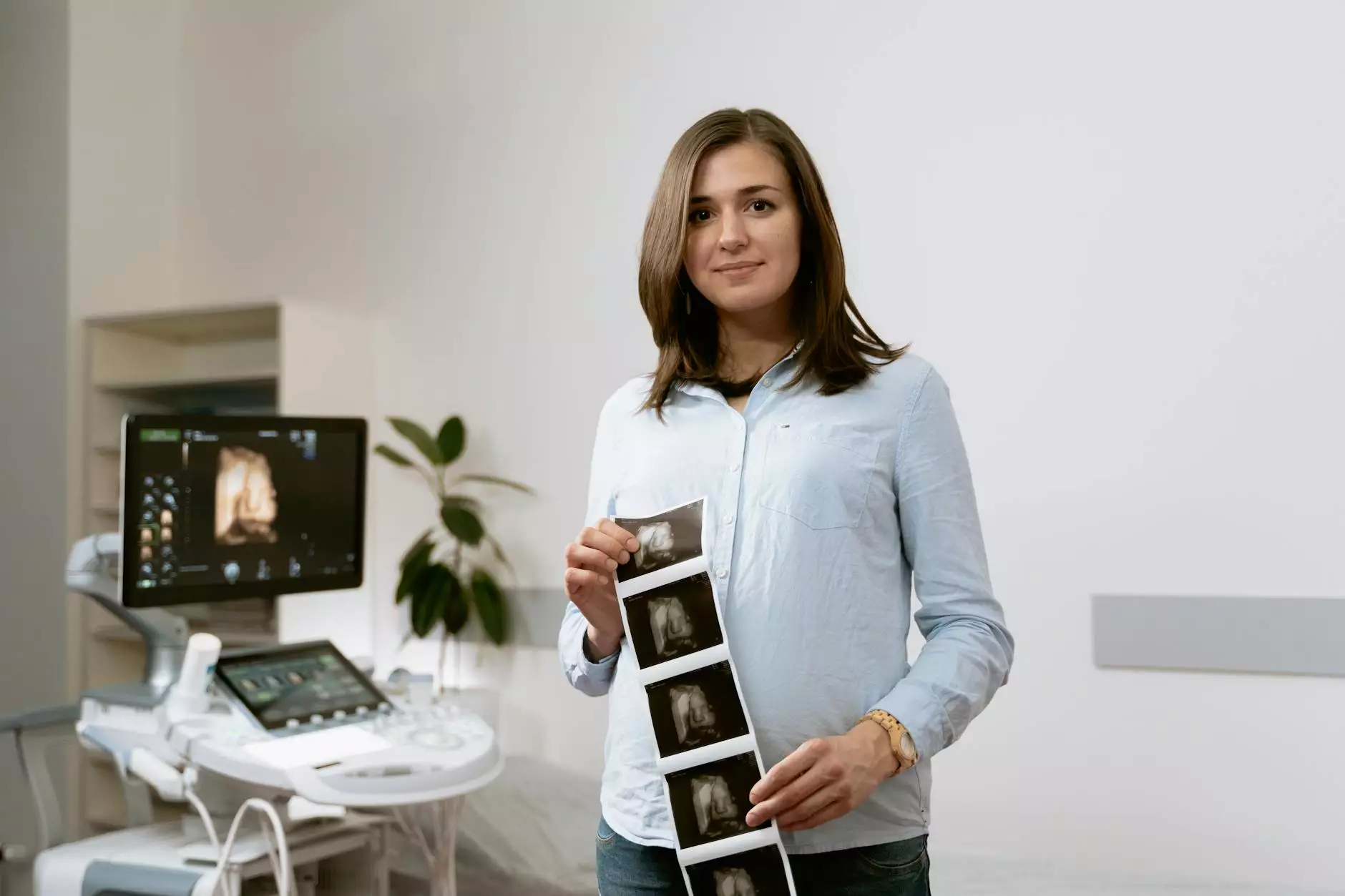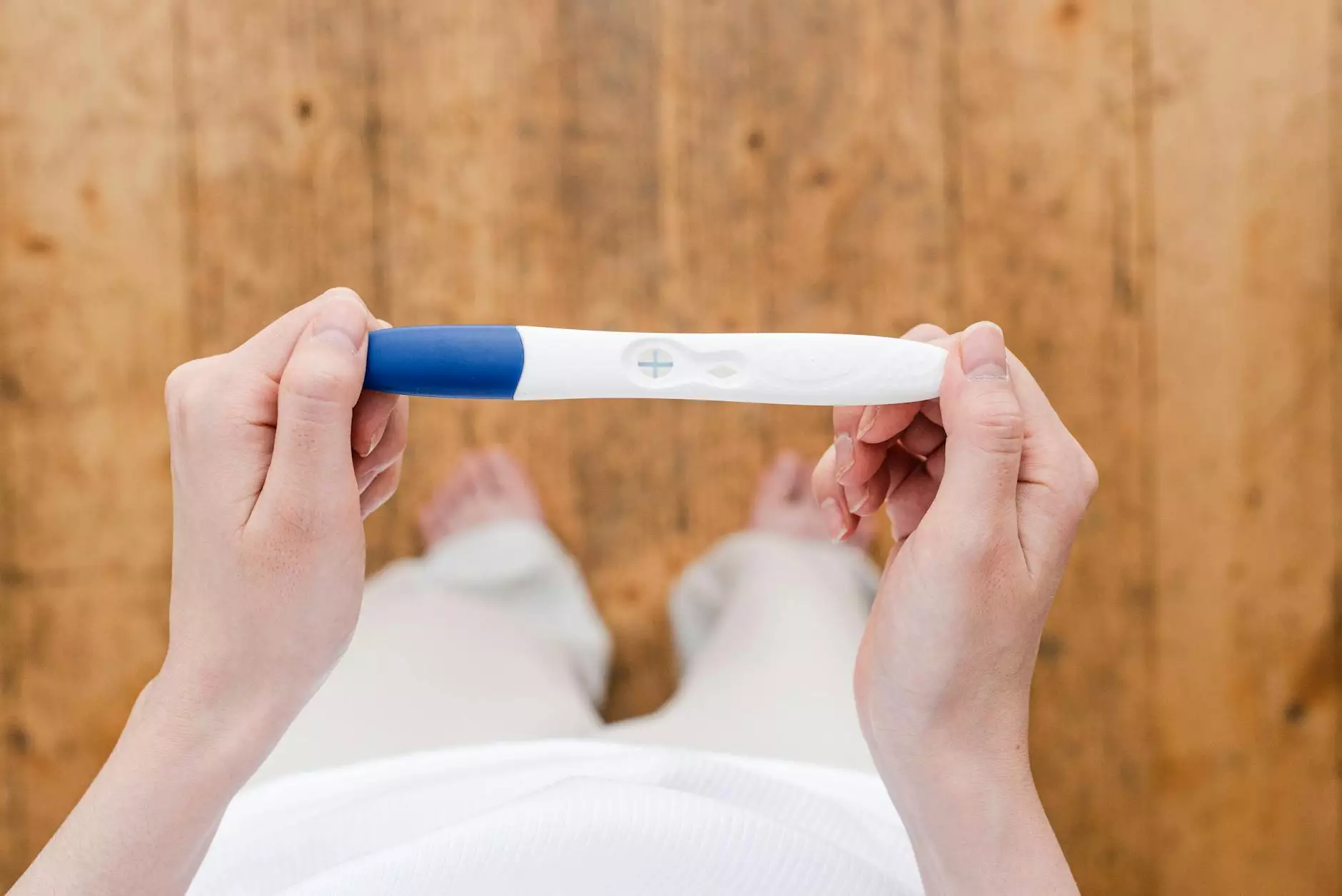Do You Know How to Identify Early Signs of Skin Cancer?
Blog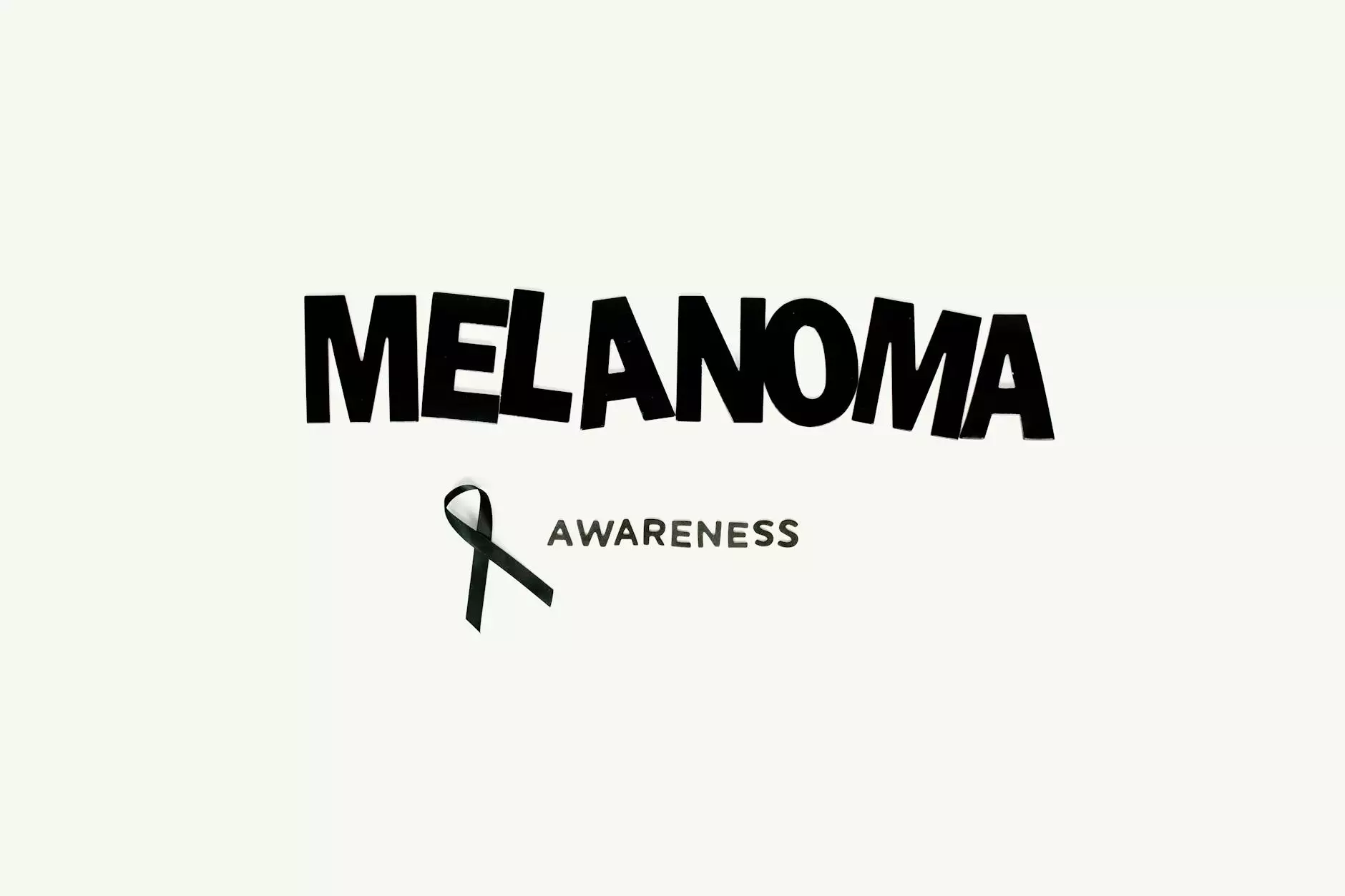
Introduction
Welcome to Richard Martinez, MD - your trusted source for comprehensive health information. In this article, we will dive deep into the topic of identifying early signs of skin cancer, providing you with valuable insights, tips, and precautions to keep yourself safe.
Understanding Skin Cancer
Skin cancer is the most common type of cancer that affects millions of people worldwide. It occurs when skin cells undergo abnormal growth, forming tumors that can be either benign (non-cancerous) or malignant (cancerous). The two main types of skin cancer are basal cell carcinoma and squamous cell carcinoma.
Recognizing the Warning Signs
Early detection of skin cancer plays a crucial role in successful treatment and prevention of further complications. By regularly examining your skin and being aware of the warning signs, you can take necessary actions promptly. Here are some key signs to watch out for:
Moles and Lesions
Moles are common on the skin and are usually harmless. However, it's important to keep an eye on any changes in size, shape, color, or texture of moles. If you notice irregularities such as asymmetry, jagged edges, or multiple colors within a mole, it is advisable to consult a dermatologist for further evaluation.
Unusual Growth or Spots
Keep an eye out for any unusual growths or spots on your skin that don't heal or go away within a reasonable time frame. Persistent sores, rough patches, or scaly areas can be potential indicators of skin cancer.
Changes in Pigmentation
Changes in the color or pigmentation of your skin can be a warning sign of skin cancer. If you notice darkening, lightening, or reddening of an area, especially if it is accompanied by itchiness or tenderness, it is essential to get it checked by a medical professional.
Itching or Bleeding
Constant itching or bleeding from a mole, sore, or spot on your skin should not be ignored. While these symptoms may be due to various reasons, they should be investigated promptly by a dermatologist to rule out any potential risks.
Prevention and Precautions
While it's crucial to be aware of the early signs of skin cancer, taking preventive measures is equally important. Protecting yourself from excessive sun exposure and making healthy lifestyle choices can significantly reduce your risk. Here's what you can do:
Sun Protection
Limit your time in direct sunlight, particularly during peak hours when the sun's rays are strongest. Wear protective clothing, including wide-brimmed hats and clothing that covers your arms and legs. Always apply a broad-spectrum sunscreen with at least SPF 30, even on cloudy days.
Regular Self-Examinations
Perform monthly self-examinations of your skin to monitor any changes. Use a full-length mirror to check hard-to-see areas and seek professional advice if you notice anything unusual.
Healthy Lifestyle Choices
Maintain a well-balanced diet, rich in fruits, vegetables, whole grains, and lean proteins. Stay hydrated, exercise regularly, and avoid smoking or excessive alcohol consumption. These healthy habits support your overall wellbeing, including your skin's health.
Conclusion
Understanding and identifying early signs of skin cancer are vital for early intervention and improved treatment outcomes. By familiarizing yourself with the warning signs and implementing preventive measures, you can protect yourself against this prevalent form of cancer. Remember, if you have any concerns or doubts, always consult a qualified dermatologist like Richard Martinez, MD, who can guide you and provide appropriate medical advice tailored to your needs.
Stay proactive, stay vigilant, and take charge of your skin health today!


